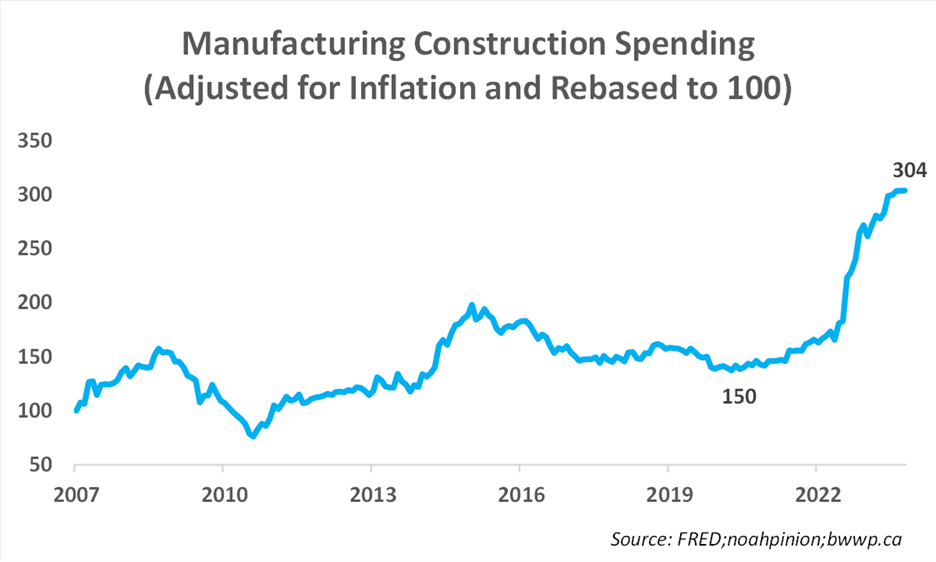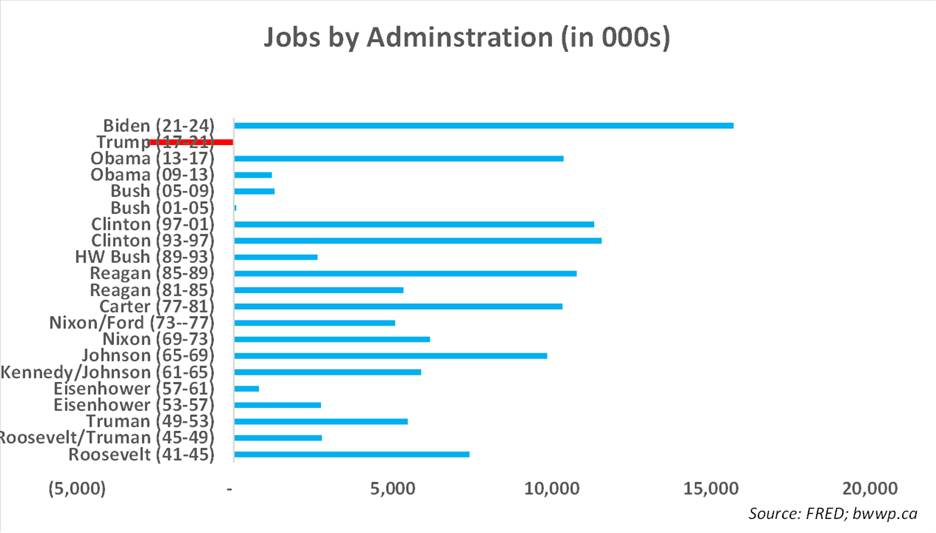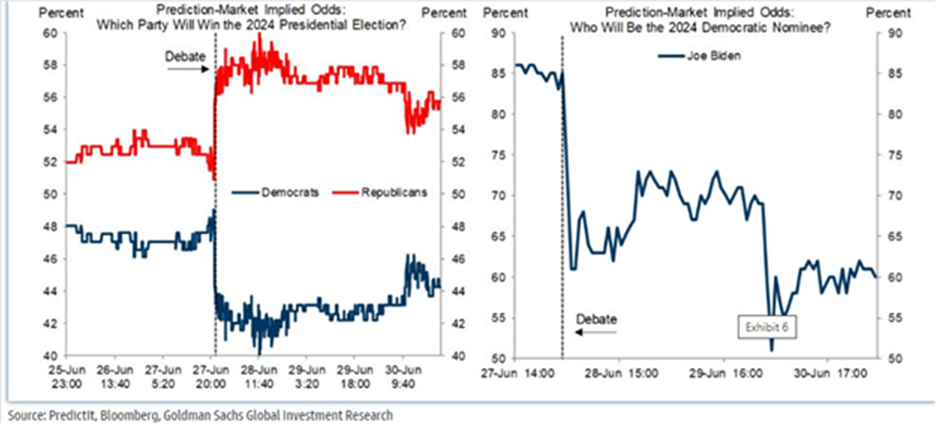Today, we pay homage to Robert Anderson. For those not familiar with Anderson, he was a career military man, born and raised in Kentucky in the first half of the 1800s. Now, Anderson’s bio prior to 1860 would probably not cast him in a light that would suggest - this is a guy who should be remembered fondly - after all, he was a former slave-owner and a strong supporter of Southern rights, which were, umm, troublesome. But Mr. Anderson had a change of heart as the years went by and by 1860, he was a military man who believed in the United States and its union.
In November of 1860, Anderson, then a Major, was assigned the U.S. command of the area around Charleston, South Carolina, which included Fort Moultrie and, more famously, Fort Sumter.
For those not familiar with late 1860, Abraham Lincoln had been elected the 16th President of the United States, but under the old rules, Lincoln would not be inaugurated until March of 1861. Instead, James Buchanan, the 15th President (and a real turd-muffin), would continue to serve for four more months. Buchanan for the most part wanted to go quietly into his old age and sought to have his final few months in office go without incident. He believed that the South had a right to slavery and while he was not in favor of secession, he was also not about to go to war with the South over the issue.
But the South was restless as Lincoln’s election raised fears that he would push for an ending of slavery. Even though Lincoln steadfastly denied this at the time, many in the South doubted his word and the secession push began to gain steam. And in December of 1860, roughly one month after Anderson took over Charleston command and roughly four months before Lincoln would take office, South Carolina voted to secede from the Union. Further, South Carolina’s leaders warned Buchanan that any overt acts by Anderson and the regiment in South Carolina to reinforce the forts would be considered an act of war.
When South Carolina seceded, Buchanan issued a whopper – while he believed they had no legal right to secede from the Union, he also believed the Federal government had no legal right to stop them from seceding. Further, he and his Secretary of Defense (then known as the Secretary of War), John Floyd (an even bigger turd-muffin) ordered Anderson to take no aggressive action in South Carolina, but to defend to the last man should hostilities break out. Needless to say, Buchanan and Floyd’s “appeasement” was an encouraging sign to the other Southern states and votes were scheduled across the region for secession.
As South Carolinians celebrated their historic vote, Commander Anderson grew restless – he had been ordered to do nothing unless attacked, but he was also less than a mile from a city that would likely want to seize the Federal forts that he was tasked with defending. Further, his forces numbered fewer than 100 and the forts were designed to prevent attacks from the sea (the bad guys were supposed to be the English), so the land side of the forts (which were now pointed in the direction of the would-be aggressors) were not well defended.
And here is where Anderson made his fateful decision – Washington City (not officially known as the District of Columbia until 1871) was frozen – while Lincoln would likely have supported a robust defense, he was still months away from taking power. Buchanan was not only a lame duck, but also a lame duck that was prepared to allow the entirety of the South to secede without taking any actions to prevent it. So, in the dark of night without informing his superiors or his own men, Anderson took his entire force from Moultrie to Sumter where it would be much better positioned to defend against a Southern attack.
Anderson’s move outraged Southern leadership and also sent shockwaves through Washington. Buchanan, who was content to allow the next few months to unfold without Federal involvement (and potentially give the South an enormous leg up in any ensuing conflict), was now forced to act. Further, the North was energized by Anderson’s act with local militias using it as a rallying cry that aided their efforts to recruit and mobilize.
While efforts to resupply Sumter would ultimately fail and the Fort would ultimately fall in April of 1861, Anderson’s decision not to sit idly by is somewhat lost to history, but also may be a contributing factor to the North’s ultimate victory in the War.
For more on Anderson and Sumter, we would strongly recommend reading The Demon of Unrest by Erik Larson, which we have liberally pulled from for this little snippet.
Joe’s had a great run
Let’s start with – Joe Biden has had a wonderful run as President. While one may not like his policies (we are mixed), one of the main goals of a President is to see his or her policies enacted and, on this front, Joe Biden has been a champ. Outside of running on – I’m not the other guy – Biden ran on infrastructure (good), COVID stimulus (bad as it was no longer needed) and student loan forgiveness (also mostly bad). Whether one likes these policies or not – he got them all done. Further, he has presided over zero government shutdowns – only George W. Bush can make this claim amongst Presidents who served since Jimmy Carter was in office – zero recessions (Bill Clinton was the last President not to have a recession on his watch), not a single month with less than 100k jobs created (no President has made it through a term without several negative job months) and generally little drama (at least until recently). Let’s look at a chart and then comment:

While the chart pretty much speaks for itself, we would note that investment in manufacturing, which has been driven by the combination of the Inflation Reduction Act and the CHIPS Act, tends to have a very long growth tail, which pays off over decades (so Presidents for decades will take credit for this). And then there’s this:

Now, we can quibble with the sheer magnitude of jobs created by Biden as there was clearly a benefit from the massive layoffs during COVID, but even if we remove 2021 as a post-COVID driven anomaly and instead include a monthly run rate of 160k (the monthly average for 2019), Biden would still be the third most productive President in terms of jobs, beaten only by the roaring 90s (Trump for his part would have ranked in the middle of the pack and well below Obama’s second term (something we are sure Trump would love) if we excluded the COVID losses and instead plugged in that 160k run rate). Thus, while inflation has been a problem; although, one where blame lies all around and not just with Biden, and the Southern border has been a problem; although, one that has lacked a solution for decades, Biden has checked an awful lot of boxes that were on the 2020 campaign list, which is a good barometer of a successfully presidency.
Lord, it may be time to call Joe
While Biden should get high marks for achieving what he laid out in his campaign, Biden’s 2024 “checklist” would appear to have only box – do not allow Donald Trump back in the White House. If you asked the vast majority of Democrats, probably a plurality of Independents and even some Republicans, they would probably care little about anything else Biden laid out in his platform. Which brings us to the events of the past two weeks.
For much of 2024, Biden has been trailing Trump in national polling as well as polling in most of the battleground states. We would note, it is probably not enough for Biden to simply be polling slightly ahead of Trump, but rather because of the Electoral College, Democrats likely need to win the national vote by at least three or four points to stand a chance of winning a close election, as the electoral math favors Republicans.
While inflation and the border have plagued Biden, probably his biggest roadblock to reelection, especially when facing someone with Trump’s, umm, questionable background, were questions about his age and ability to withstand four more years in the Oval Office. Thus, when a debate was announced for the end of June, we were somewhat surprised that Trump and the Republicans would agree to such a thing. After all, Trump was already in a position to win, so why allow your opponent the opportunity to dispel some of the questions regarding his age? But then, we had no idea how negative the reaction would be to Biden’s performance. Let’s look at two charts and then comment:

Since June 27th, polls have widened from close to a toss-up election, to Trump leading by three or four points. Further, the odds have shifted more firmly in Trump’s direction (from close to a toss-up to approaching 60/40), while Biden even being the Democratic nominee has gone from close to 90% to ~60%.
We will not re-litigate the events of June 27th as we do not wish to be too political (this is a family publication after all). But the challenge for Biden and Democrats now is that with many minds changed as it relates to Biden’s suitability for office in the wake of the debate, changing these opinions back may be impossible. Further, each time Biden speaks publicly (as he did on July 11th), any gaffe, no matter how small, becomes the main talking point of the news cycle, rather than anything of substance that Biden might have said around these gaffes. While gaffes are generally a part of life and are generally forgiven, in the case of Biden, given the narrative that he is no longer fit for the job – these gaffes become the news. And even when he was much younger, Biden was generally known as a gaffe machine.
Who will be today’s Robert Anderson?
Over the past two-weeks, the chorus of Democrats and Never-Trump Republicans calling for Biden to step aside has begun to rise. Biden for his part has indicated that he has no plans to step aside and short of the Lord advising him to do so – he plans to remain in the race.
This is where the Democrats may need a Robert Anderson – someone, probably with some gravitas – Barrack Obama, Bill Clinton, a well-known governor – with the courage to step out on the limb and not simply allow the next four months to play out. This would have been much more effective 6-months or a year ago before the primaries were held, but considering the lack of public appearances by Biden in which he was “unplugged”, it is hard to fault these folks for not stepping forward to voice their concerns.
In our view, there are several questions, which stem from this:
- Does this mean Biden cannot win in November? Of course not – but the range of outcomes now are probably capped at a very narrow victory and span to a loss in the popular vote by a few points and thus a large Electoral College loss that gives Trump a mandate.
- Does this mean that Biden would withdraw if someone of magnitude did speak out? No, but as with Buchanan in 1860/61, it becomes much harder to “do nothing” when your hand is forced by someone that is widely respected by the Party.
- Would Biden stepping aside guarantee victory in November for the Democrats? Of course not, but in our view, the range of outcomes with someone who could effectively counter Trump’s, umm, “mistruths” would likely look much more favourable. Further, there is a general incumbency bias in the world of politics these days and replacing Biden would potentially stem this tide.
- Is it possible that the act of speaking out costs the Democrats the election? Possibly – but this is a similar argument to “no one of substance should oppose Biden in the primaries as it’s bad for the party” and look where that has gotten the Democrats. Imagine if a governor from a swing state or a well-regarded Senator had thrown his or her hat in the ring before the primaries and Biden had been forced to debate this challenger. It is possible that Democrats might not be facing the crisis they are currently facing as these issues might have been “vetted” months ago.
- Who would/should be the candidate? Vice-President Kamala Harris is the obvious choice; although, polls suggest she is as unpopular as Biden and would not necessarily avoid the incumbency issue. There are governors of several states that are key to victory for the Democrats – Pennsylvania, Michigan, Wisconsin – that would make sense, but whether it is Harris or a new ticket, there is an argument to be made that they are a more viable candidate than Biden.
- Is there something Biden could do to turn the tide? Possibly, but as was the case with his press conference of July 11th – even lots of good substance may be trumped by one or two gaffes that become the headlines of the news-cycle.
- What would it look like if Biden did step aside? No one really knows; although, if he anointed Harris, it might simply be Harris as the candidate as opposed to Biden. If it were left to the Democratic convention in late August, then we suppose a bunch of folks would throw their hats in the ring, including Harris, and based on polls, speeches and momentum, the Democrats would ultimately coalesce behind a new ticket. We would note that some have pointed to the 1968 Democratic convention as a bad lesson in history – as the Dems were forced to pick a candidate in the wake of the assassination of Robert Kennedy a few months earlier and they were then soundly defeated that November. While we are sure this has some historic value, pointing to one incident as somehow dispositive of the current situation is silly.
Final Thoughts
While Biden and his support team continue to insist, he will not step aside, we remain unconvinced. These things can often go from a trickle to a torrent in a matter of days. In this case, we think it requires a Commander Anderson-like act in which someone looks beyond the risks and has the courage of their convictions to loudly say that Biden needs to step aside. There are no guarantees Biden would listen and it is possible that such an act could do more harm than good, but considering the Democrats have what amounts to a one issue platform – do not let Trump back in the White House – based on the public reaction of the past two weeks, one could make the case that the rewards far outweigh the risks.
